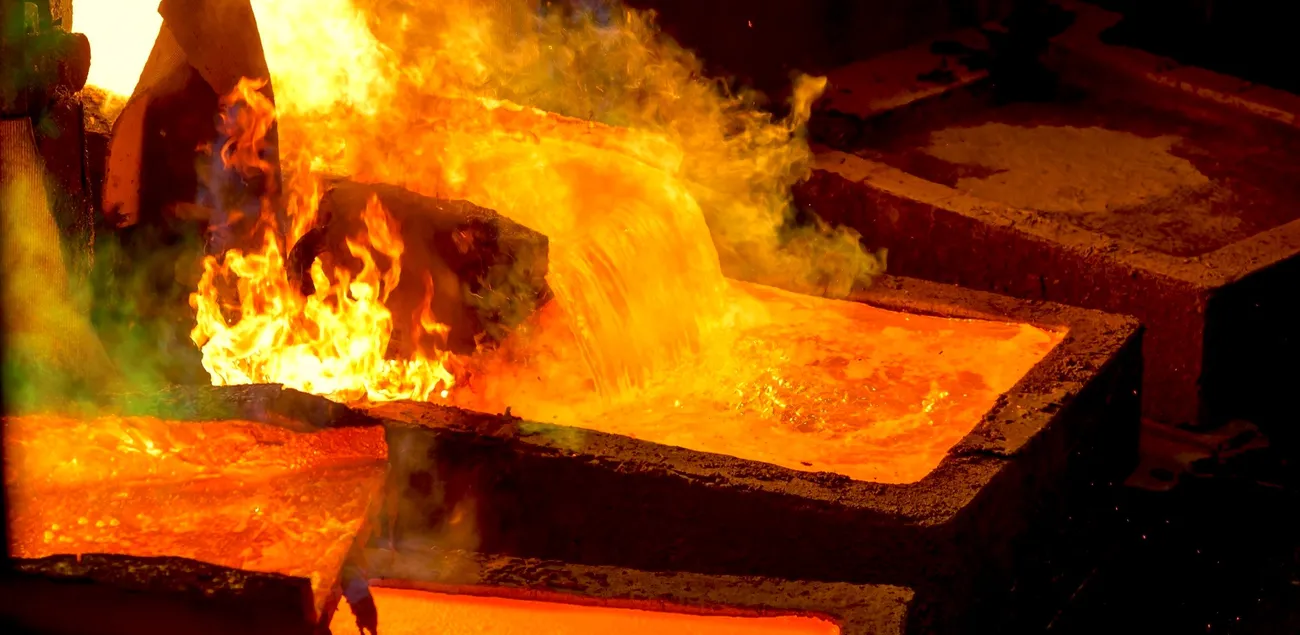
Adani Enterprises, a diversified Indian conglomerate, has started processing ores at its new Kutch Copper smelter in Gujarat, India, after facing multiple delays. The facility, designed to be one of the world’s largest single-location smelters, commences operations at a time of unprecedented tightness in the global market for copper concentrate, the raw material it needs to function. The plant’s start-up is a component of India’s broader strategy to reduce its significant reliance on imported copper.
Navigating a Historically Tight Concentrate Market
The Kutch Copper plant, with an initial capacity of 500,000 tonnes per annum (tpa), enters a market where smelter profitability is under severe pressure. A rapid expansion of global smelting capacity, particularly in China and Indonesia, has outpaced growth in mine supply, leading to a structural deficit of copper concentrate. This imbalance has caused treatment and refining charges (TC/RCs)—the fees miners pay smelters to process their ore—to collapse to historic lows.
The benchmark TC/RC for 2025 was settled at just $21.25 per tonne, a year-on-year decline of over 70%, while spot market rates have turned negative, meaning smelters must pay for the privilege of securing raw materials. This has forced smelters globally to consider production cuts, with some Chinese operators considering production cuts and others undertaking early maintenance shutdowns to manage losses.
Operational Hurdles and Extended Ramp-Up
The challenging market conditions are directly impacting the Kutch plant’s initial phase. While a typical smelter ramp-up to full capacity takes two to three months, sources indicate it could take up to 18 months for the Adani facility to reach its full 500,000 tpa run rate. This extended timeline is attributed to the intense competition for feedstock. At full scale, the plant will require approximately 1.6 million tonnes of concentrated copper ores annually.
These delays have resulted in an estimated $120 million in lost revenue, a figure that could grow as the plant works to secure a stable supply chain.
Strategic Importance for India and Future Plans
Despite the initial challenges, the Kutch Copper project is a key element of Adani’s diversification into metals and India’s industrial strategy. The project, which saw its first phase commissioned by dispatching an initial batch of cathodes, has a goal to expand the facility’s capacity to one million tonnes per annum by the end of fiscal year 2029. This would make India a more self-reliant consumer of copper, a metal essential for the country’s infrastructure development and its push into renewable energy and electric vehicles.
Copper Market Overview
The global copper market is characterized by a fundamental mismatch between mining output and smelting capacity. While global mined copper output is projected to rise in 2025, the increase is not expected to keep pace with the commissioning of new smelters. This has created a fierce competition for available concentrates, benefiting miners at the expense of smelters. The long-term demand outlook for copper remains strong, driven by global decarbonization efforts that require vast amounts of the metal for electrification, grid expansion, and clean energy technologies.
Company Background and Market Context
Adani Enterprises is the flagship company of the Adani Group, one of India’s largest business conglomerates, with interests spanning ports, airports, logistics, energy, and resources. The Kutch Copper plant marks the group’s most significant entry into the metals and mining sector, part of a broader strategy to align with India’s long-term economic growth. A company spokesperson confirmed the plant is operational and working towards achieving peak capacity.



